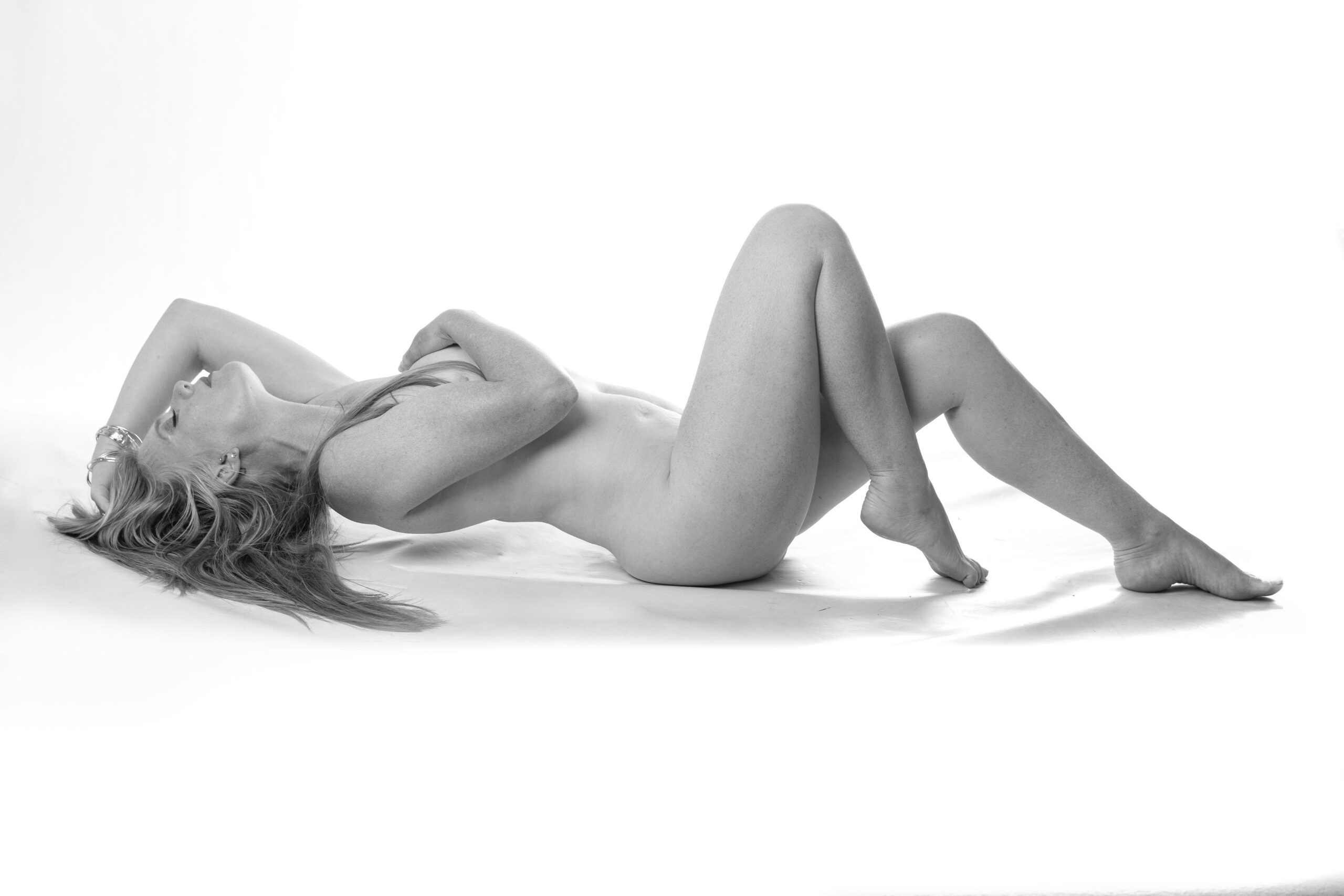Our breath is a powerful in supporting the release of trauma related symptoms and the recovery from trauma.
During a traumatic event, the depth of breath is not as accessible to us.
If we do not attend to our breath, it remains disturbed and altered, keeping us in symptoms of disassociation, hypervigilance, anxiety and an inability to be present with what is, for our breath is still in reaction to the trauma in the past.
Our body is unable to release the physical and emotional effects and so stores these within the body, keeping our body and breath, in survival and in a felt state of the trauma happening, rather than happened.
The past trauma has a somatic influence on our present moment and each time we tell the story of what happened, we reinforce the bodies trauma response.
When we make time to consciously breathe, we can gently restore the breath back to its natural rhythm.
Our body and breath ask that this approach is patient, compassionate and gentle.
The healing effects of our breath after trauma:
❤️ The breath quietens our nervous system from fight, flight or freeze and offers us time out in slow and rest. We can often find ourselves exhausted as we slow down.
❤️ The breath offers emotional release. Emotions that were not able to be expressed during the event or after are given space to be voiced or for our body to respond/fight back, as it would have desired.
❤️ Brings us into connection with our body. Our breath drops us down and in, as we notice the inhale, we notice how our belly rises, we can follow the pathway of breath and return to our body.
❤️ With a reconnection to our breath and body, we can establish a felt sense of presence. Being present means that we are no longer anxious about the future based on past events. And we can live from a place of now, rather than a repetition of the past.
❤️ The breath offers a felt experience of safety, as we return and anchor back into to our body. We regain a felt knowing of the ground, our body below or head, and chest, and connected to not just our body, but also the Earth beneath our feet.
❤️ We start to regain some agency over our life choices and experiences.
Reconnecting to your breath after trauma.
The reconnection to your breath after trauma is not to be a rushed or forced process.
Our body knows fast and rapid breath, for this is what has kept it stuck in hypervigilance and made fight and flight and disassociation sustainable.
Our breath needs to remember, the ease of long, slow and deep.
Taking “breath breaks” at the beginning, end and during our ordinary day is a more beneficial and kinder approach than the force and shock of diving into long breath sessions. I feel it is important to move towards longer sessions to prevent overwhelm and settle back into the reassurance of the breath as an old friend.
It is important that we do not place high expectations on instant results.
The recovery of any trauma has more solid ground, for us to truly release the past, when we attend to ourselves as though we were attending to a child,
We are to offer ourselves patience, and time. Gentleness and genuine love and care.
The breath supports the healing and recovery of trauma as we reintegrate our breath as part of our everyday.
We can build up to long breath sessions and stronger releases, but at the beginning simply taking three long slow deep belly breaths throughout the day gives us strong foundations to build from and recover.






